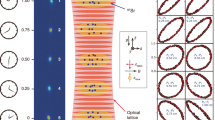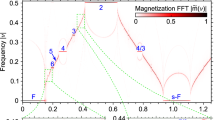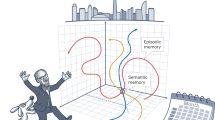Abstract
I HAVE read with great interest the leading article on “The Understanding of Relativity”, contributed by H. D. to NATURE of Nov. 3. I do not doubt Einstein's' work. His conclusions have been tested crucially and found correct. But though I believe, I do not understand. I can only suppose, as H. D. indicates, that the expositors of Einstein have expressed themselves in language which does not convey to ordinary men the meanings they intend. For example. H. D. asks, “What is there difficult to understand in the statement that if we watch a man moving quickly we shall find that his clock will not keep time with ours?” But I do find it difficult. If our clocks are good, why will they not keep time? What has space to do with it? I can understand that his clock will not, in a sense, keep time with the sun; for if he starts at midday and travels with the sun, and as fast, he will always be at midday. But surely his clock will measure the passage of time with mine, tick by tick; and surely it is possible to explain in simple language that which H. D. finds so simple.
Similar content being viewed by others
Article PDF
Author information
Authors and Affiliations
Rights and permissions
About this article
Cite this article
REID, G. The Understanding of Relativity. Nature 122, 808 (1928). https://doi.org/10.1038/122808a0
Issue date:
DOI: https://doi.org/10.1038/122808a0



